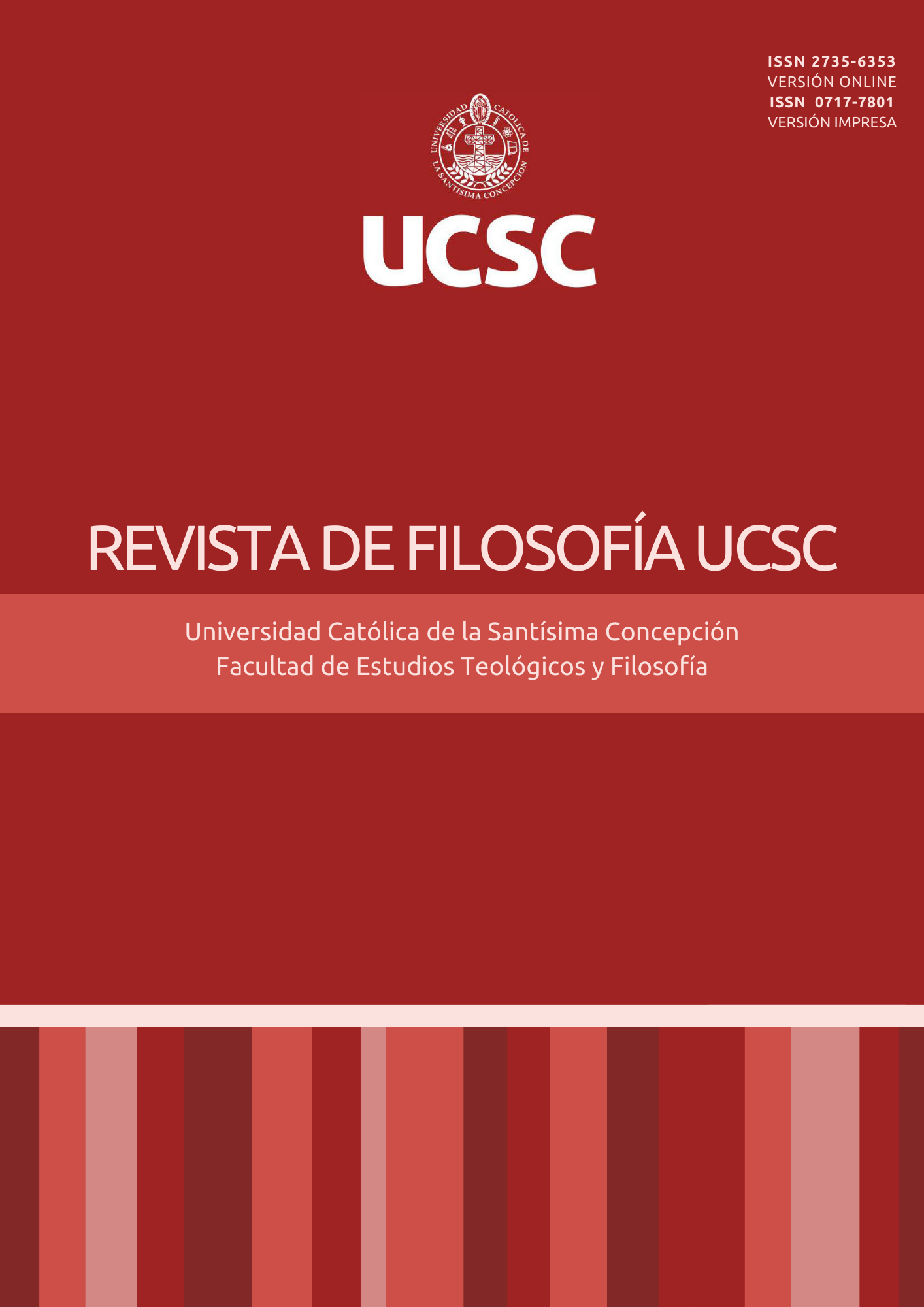Freedom and Sustainability
Main Article Content
Abstract
This article examines the perceived conflict between freedom and sustainability, proposing that a qualitative understanding of freedom can integrate liberal and ecological interests. It critiques the notion of quantitative freedom, focused on maximizing individual choices without considering their content or purpose, for ignoring essential aspects such as the rights of future generations and ecological sustainability. In contrast, it argues that qualitative freedom, which values options based on their contribution to human autonomy and dignity, offers a more comprehensive solution. This perspective prioritizes options that promote the freedom of all, including future generations, and suggests that some restrictions may be necessary to enhance sustainable life opportunities. The conclusion asserts that qualitative freedom should precede the quantitative consideration of options, allowing sustainability policies to be viewed not as limitations on freedom but as qualitative improvements that ensure better opportunities for all, both now and in the future.
Downloads
Metrics
Article Details

This work is licensed under a Creative Commons Attribution-NonCommercial 4.0 International License.
The Revista de Filosofía UCSC is an open access journal and does not charge for publication. In addition, it regulates its Copyright and access policy according to the Creative Commons Attribution-NonCommercial 4.0 International Public License (CC BY-NC 4.0), therefore sharing (reproducing and distributing the material in any medium or format) and adaptation (modifying, transforming, and creating from the material) is allowed as long as proper credit is given and the citation is included with the corresponding data. Moreover, it is not allowed to use the material for commercial purposes.
References
Arneson, R. (2009). Meaningful work and market socialism revisited. Analysis and Criticism-Journal of the Social Sciences, 31(1).
Bentham, J. (1970). Of laws in general. H. L. A. Hart.
Briggs, X. (2008). Democracy as problem solving: Civic capacity in communities across the globe. MIT
Button, M. E. (2008). Contract, culture and citizenship: Transformative liberalism from Hobbes to Rawls. Penn.
Carter, I. (1999). A measure of freedom. Oxford.
Christman, J. (2005). "Saving positive freedom." Political Theory, 33(1), 79-88.
Connolly, W. E. (1993). The terms of political discourse. Oxford.
Dierksmeier, C. (2016). Reframing economic ethics. The philosophical foundations of humanistic management. Palgrave Macmillan.
Dierksmeier, C. (2018). "Qualitative freedom and cosmopolitan responsibility." Humanistic Management Journal, 2(2), 109-123.
Dierksmeier, C. (2019). Qualitative freedom – Autonomy in cosmopolitan responsibility. Springer.
Dworkin, G. (1988). The theory and practice of autonomy. Cambridge University Press.
Dworkin, R. (1977). Taking rights seriously. Harvard University Press.
Feinberg, J. (1992). Freedom and fulfillment: Philosophical essays. Princeton.
Flathman, R. E. (1987). The philosophy and politics of freedom. University Chicago Press.
Friedman, M., & Friedman, R. D. (1990). Free to choose: A personal statement. Mariner.
Fuhrmann, R. D. (1999). Der Bürger der Bürgergesellschaft: "Bürgergutachten" aufgrund von fünf "Bürgergutachtenzellen" nach dem Verfahren "Planungszelle". Springer.
Habermas, J. (1961). On the concept of political participation. Luchterhand.
Hobbes, T. (1996). Leviathan. Menston.
Howaldt, J., & Schwarz, M. (2010). Social innovation in focus: Sketch of a research concept inspired by social theory. Bielefeld.
Kramer, M. H. (2003). The quality of freedom. Oxford.
Kristjánsson, K. (1996). Social freedom: The responsibility view. Cambridge University Press.
Laski, H. (1962). The rise of European liberalism. Routledge.
MacGilvray, E. (2011). The invention of market freedom. Cambridge University Press.
Marx, K., & Engels, F. (1988). Werke. Dietz.
Megone, C. (1987). One concept of liberty. Political Studies, 35(4), 611-622.
Miller, D. (1985). Reply to Oppenheim. Ethics, 95(2), 310-314.
Nelson, E. (2005). Liberty: One concept too many? Political Theory, 33(1), 58-78.
Nussbaum, M. (2013). Creating capabilities. Harvard University Press.
O'Neill, O. (1989). Constructions of reason: Explorations of Kant's practical philosophy. Cambridge University Press.
Oppenheim, F. (1985). Constraints on freedom as a descriptive concept. Ethics, 95(2), 305-309.
Quine, W. v. O. (1987). Quiddities: An intermittently philosophical dictionary. Harvard University Press.
Rösler, P., & Lindner, C. (Eds.). (2009). Freiheit: gefühlt - gedacht - gelebt. Liberale Beiträge zu einer Wertediskussion. Wiesbaden.
Thrasher, J. (2014). John Tomasi: Free market fairness. Public Choice, 159(1-2), 309-311.




